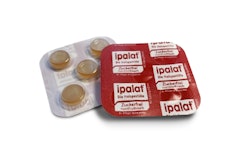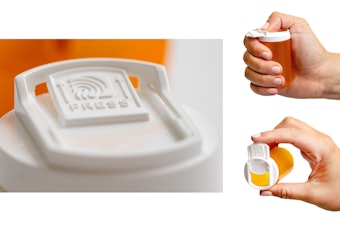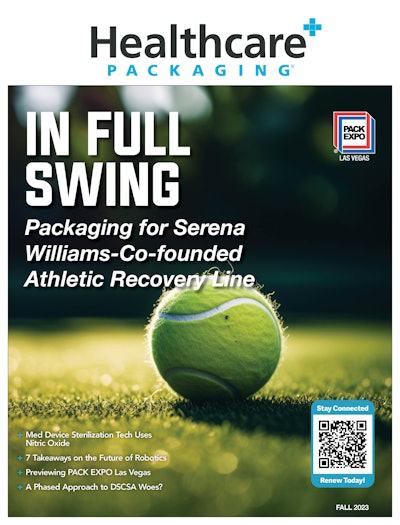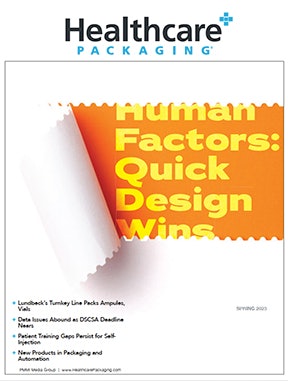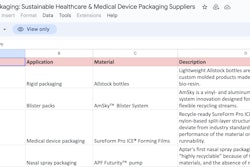
This content was written and submitted by the supplier. It has only been modified to comply with this publication’s space and style.
The Healthcare Plastics Recycling Council (HPRC) announced today the release of its Guiding Principles on Advanced Recycling, marking a significant stride in its ongoing efforts to evaluate applicability and effectiveness of advanced recycling technologies in creating a circular plastics economy for the healthcare industry. The document outlines HPRC’s precepts regarding the use of advanced recycling technologies for healthcare plastics and encompasses topics such as the most efficient use of technology, environment and human health safeguards, claims and chain of custody, complementary relationship with mechanical recycling, and circular enablement.
“While plastics play a pivotal role in modern healthcare, the exponential growth of plastic waste poses environmental challenges,” says Peylina Chu, HPRC executive director. “Since 2020, HPRC has been exploring different advanced recycling technologies – including purification, decomposition, and conversion – to educate ourselves and to determine if advanced recycling can assist in creating a circular economy for healthcare plastics, namely flexible and multi-laminate plastics that are not ideal for mechanical recycling processes.”
The document delineates five guiding principles when considering the use of advanced recycling technologies for healthcare plastics:
1. Utilize the Most Efficient Technology with Reduced Carbon Footprint: Prioritize technologies that minimize greenhouse gas emissions and enhance sustainability throughout the plastic lifecycle.
2. Prioritize Human Safety and Safeguard Nature: Ensure that advanced recycling processes uphold the highest standards of safety for healthcare workers, patients, adjacent communities, and the environment.
3. Ensure Truthful Claims Supported by a Chain of Custody: Uphold integrity and transparency by substantiating claims with robust data and adhering to rigorous tracking and verification protocols.
4. Complement Mechanical Recycling: Advanced recycling should complement existing mechanical recycling systems, focusing on plastics that pose challenges for traditional recycling methods.
5. Promote Material-to-Material Recycling for Circularity: Advocate for material-to-material recycling processes to foster circularity in healthcare plastics and reduce reliance on virgin resources.
“Based on where we are today with our research and testing, we see transformative potential for advanced recycling to offer a viable solution for recycling healthcare plastics that would otherwise be destined for landfills or incineration. Additionally, these advanced recycling technologies present an opportunity to support a circular economy for healthcare plastics, reduce reliance on virgin plastic made from fossil fuels, and mitigate greenhouse gas emissions,” concludes Peylina Chu, HPRC Executive Director.
For more information and to access the full guiding principles document, visit: https://www.hprc.org/advanced-recycling-guiding-principles






